NAVIGATING MODERN CHALLENGES TO HEALTHCARE DELIVERY: QLD, VIC, NSW
The healthcare industry has reached a critical inflection point. The pandemic exposed the vulnerabilities puncturing hospitals and practices around the country, making it clear that our current systems are no longer fit for purpose. Leaders also are experiencing an upward battle with retaining a burnt-out workforce, all the while still navigating increasing skills shortages and hesitancy from new generations to take up the mantle of responsibility.
Change- culturally, socially and operationally- across the entire sector, is vital.
Despite this overwhelming appetite for change, reform is costly. The volatility of our current economic climate has amplified this reality, challenging healthcare professionals to push the creative boundaries of strategy to bring about new and innovative systems of difference. This process is long and incremental, requiring immense forward planning, analysing short-, medium- and longer-term implications. Leaders are challenged to consider what are the core, fundamental characteristics needed to redesign future services, keeping in-mind the influence of external pressures.
Across three states, over three different events, Philips and Deloitte, in partnership with Connect Media, brought leading healthcare professionals together to confront this current state of industry. National and Local Chief Officers, Directors and Managers, all with diverse health backgrounds, gathered at closed roundtables in Queensland, Victoria and New South Wales. These roundtables were forums for candid discussion, drawing together different points of view from across the sector, delving into the core challenges shaping modern healthcare delivery: future reform and workforce shortages. The purpose, to collectively strategize practical solutions to build a more resilient healthcare system with those leading the charge.
These conversations were recorded, transcribed and summarised into this Whitepaper. Within its pages you will find a reflection of the discussions, insights, questions, and ultimately solutions, that fuelled each event as healthcare leaders confronted the presented theme. Attendees were granted anonymity in return for their honesty and candour. Here is an insight into what they had to say.
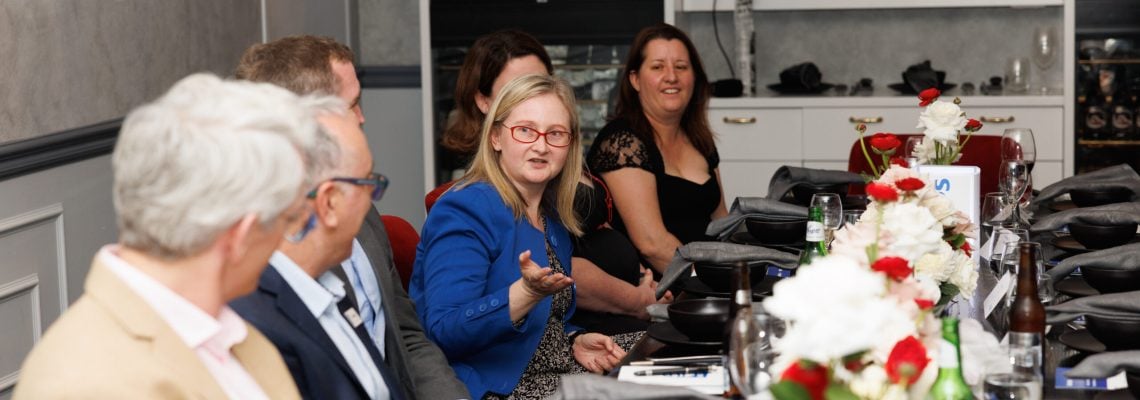

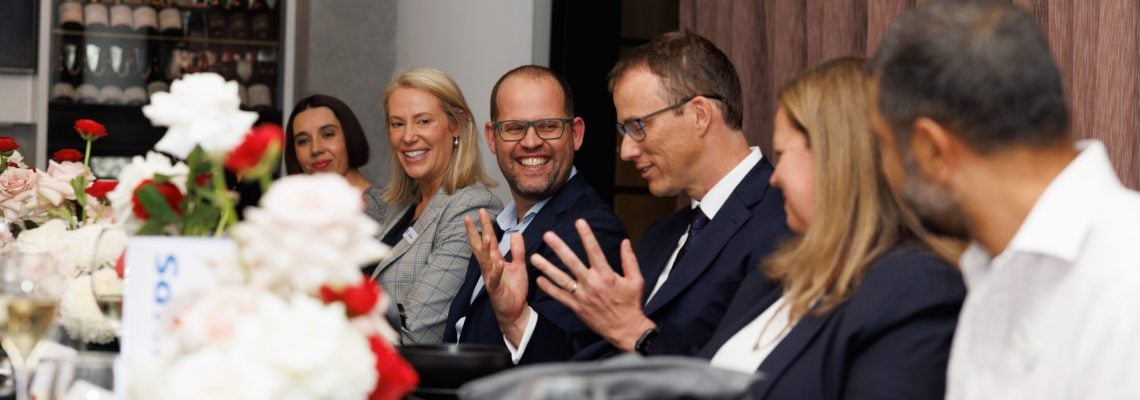
QUEENSLAND
Our conversation started in Brisbane, Queensland.
The Road to Transformation
Transformation is a term that often evokes a mixed response. Some are averse to is gravity, a promise of immense and challenging change. Others see it as an opportunity to establish a different pace, to do away with stale practice and return afresh, optimised and efficient. Despite the growing necessity for change, these are sentiments reflected throughout the reform process in healthcare. Queensland leaders expressed that many of these oppositional attitudes derive from a long-existing paradigm where issues must be solved internally and through the recruitment of fresh talent to take some of the weight off those with tenure.
Digital transformation promises the automation of ‘menial tasks’; the data entry, the waitlisting, the rounds checking, the general administration, all of which absorb large quantities of hospital time and resources. These are the tasks driven by data, all which must be sorted, stored, and translated throughout the patient journey. Bringing efficiency to these tasks requires a restructure and renewal of systems, and a future-first leadership approach.
Successful transformation is not built on sudden, large-scale change; rather it is built on, as one attendee remarked, “achieving small pockets of excellence”. It is a process of consistent renewal, where opportunities are sought out, standards are set, and broader voices are heard. Healthcare leaders are well aware that systems change needs to occur and must ensure they include all stakeholders throughout this process.
A three-pronged approach to transformation was presented by those in attendance:
Movement Towards a Supplementary Revolution
Automation and artificial intelligence need to be implemented at every opportunity. These technologies are not purely extensions of existing systems, they are an entirely new way of interacting with data. That being said, they must serve to supplement day-to-day processes, filling efficiency gaps and optimising on floor time. Healthcare needs to undergo a shift in mindset, responding to change with a likeness to a start-up’s pivot mentality.
Prioritising Innovation at Speed
Operationally, healthcare exists in a technological lag. There is a common sentiment among leaders that “there are decades where little happens, then there are weeks where decades happen,” reflecting clearly the often-stagnant nature of innovation implementation in healthcare. Broader industries are strides ahead in their automation frameworks, only emphasising healthcare’s position. Queensland leaders stressed that turn arounds need to cap at five to ten weeks, not five to ten years.
Purely Centred on Trust
More than any other sector, healthcare workers are fatigued by rapid and monumental change, and asking them to carry out their operations differently will be met with resistance. Having a model of care your clinicians can align with is vital for the success of any kind of transformation, especially digital. They need to be assured their voice will be heard throughout the process and that their workload is not going to increase as a result.
Empowering the Consumer
Pandemic exposed the existing vulnerabilities within healthcare, the lack of data interoperability being one of them. Healthcare providers struggled to integrate the mounting data as patient influx rose, both physically and virtually. The consumer experience is a consistent challenge across the healthcare sector. From extensive time spend in waiting rooms, to poor interoperability between records across systems, to accessibility of timely and relevant health information, Queensland leaders recognised the significant impact change and innovation would bring.
When integrating new systems and technologies, particularly those that are consumer-facing, leaders must be reminded that as stakeholders, consumers are parties that need to be sold on the solution, for them to want to consume it. This understanding is twofold: if patients are not at the heart of service reform, it would be less likely clinicians would support the uptake. Patients are empowered when they can take ownership of their care. They want insights into their health and how to manage it, and they want to be able to trust those insights. Digital transformation and succinct data process offers the opportunity to augment this experience, enhancing consumer trust in scaled systems.
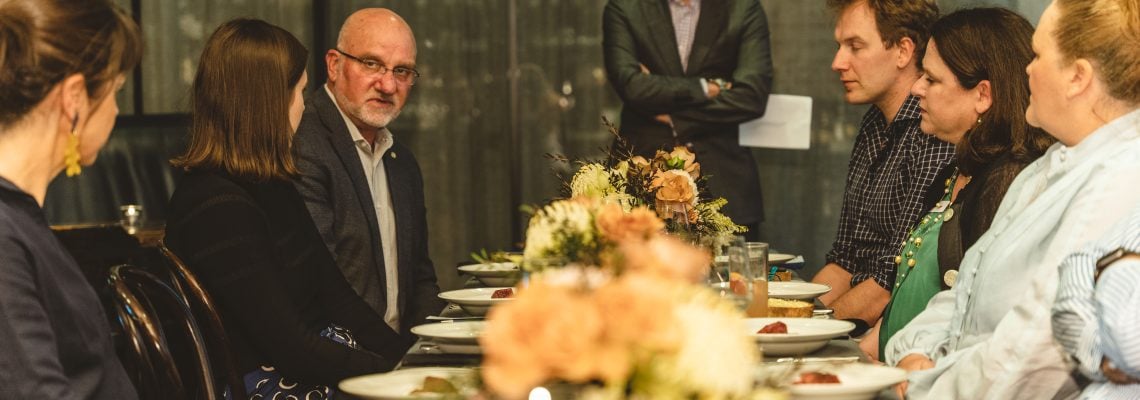
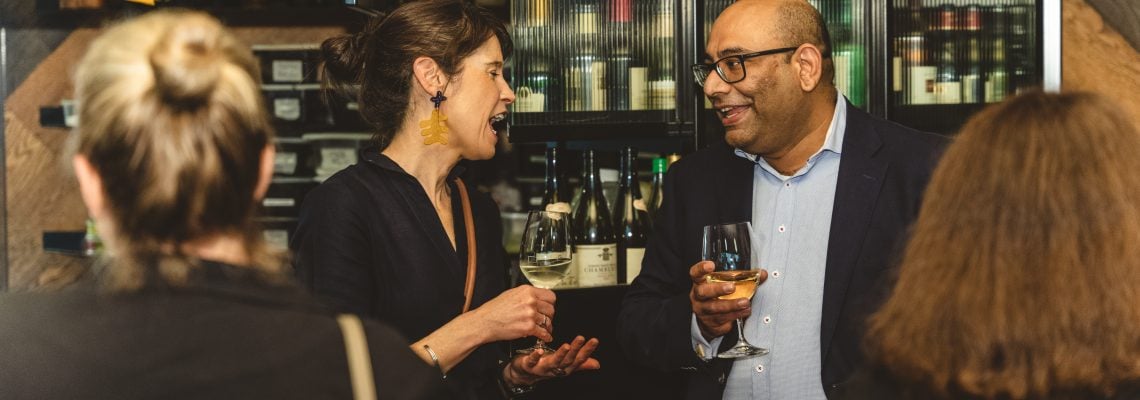
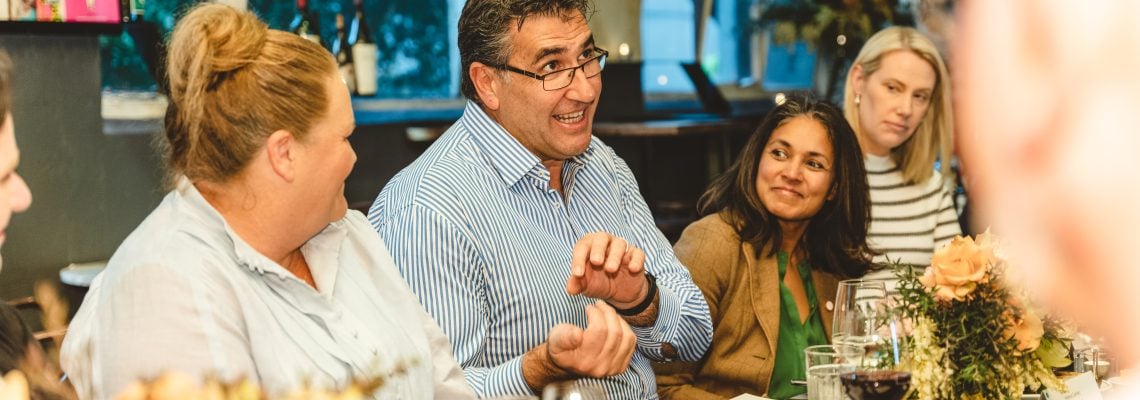
VICTORIA
We then moved on to Melbourne, Victoria.
Reforming Data Interoperability: Management, Distribution and Governance
Data is the disruptor for the healthcare system. The sheer amount of it is what drives innovation and technological advancement throughout the industry, yet its exchange between clinicians and patients remains a significant issue. Not only are providers struggling to follow the full scope of a patient’s history, patients themselves are having difficulty accessing their information when they need it. Some leaders in attendance reported they are seeing their patients try to resort to mainstream communication outlets, such as Facebook and Teams, to access a reliable mode of instant connection to a professional.
Throughout the discussion, Victorian leaders reflected on the solutions needed to rectify this challenge, moving the industry towards greater interoperability:
Extending Reform Conversations
Conversations surrounding interoperability need to extend beyond merely a clinical level, broadening the remit to include all stakeholders and larger systems involved. In doing so, healthcare professionals can examine how to extend and transform the data function at scale, devising national solutions to standardise the collation of different data sources. Decisions surrounding investments in innovation and integration of new technology, such as AI, must come to the fore, as leaders strategize ways to enhance predictability and streamline services to enhance productivity.
Training a Data-Driven Workforce
As our world becomes increasingly digital, data literacy has become highly valuable skill for prospective employers. Dealing with enormous banks of data, across multiple systems, requires a workforce trained in processing and translating data outcomes to both other clinicians and patients. Leaders agreed that having a clear understanding around data standards and practices, particularly as new technology emerges, will ensure productivity and efficiency are optimised.
Governance of Data
At the heart of an interoperable system must be trust. Patients often have little to no understanding of the proper processes associated with their data, placing the onus on clinical practices to draw distinct lines of ownership and governance over who has access and processes patient information. This is especially important considering the heightened climate of transparency we are operating in. Clearly outlining the purpose of the data being collected and how it will help later down the track will improve not only the quality of the data extracted, but also strengthen the trust between clinician and patient.
A New Approach to the Workforce
Employee expectations of the workplace have changed – they value a sustainable work-life balance, hesitant to step into roles with over 40-hour weeks and tainted by burnout culture. Healthcare is experiencing the brunt of this paradigm shift. The 2022 National Skills Priority List found that not only is healthcare experiencing the largest industry staff shortages, but of those already in its workforce, more and more employees are leaving the industry, with over 70 per cent of workers reporting burnout.
One area feeling this more than most is primary care and general practice. We are operating within a national GP deficit – international clinicians slowed arrival during the pandemic, junior doctors are moving towards roles with ‘more excitement and better pay’ and government funding has not been keeping up with inflation.
It is the role of healthcare leadership to understand these challenges and changes in values, strategizing alternate models and avenues to keep pace with employee movements and demands. Victorian leaders noted the importance of breaking down traditional attitudes and approaches to teaching medicine throughout this process, to start at the beginning of the employee journey and reframe career pathways.
They also spoke to the significance of culture in sustaining staff retention. Shifting culture, in any industry, is an incremental and consistent process, built on intentional changes and implemented over time. And employees are keen to be a part of this process. Positioning your workforce as key drivers of innovation and culture change will not only stimulate a workplace built on empowerment, it will enable leaders to draw from a diverse range of ideas and solutions from the frontline. Influencing culture will influence the direction of change.
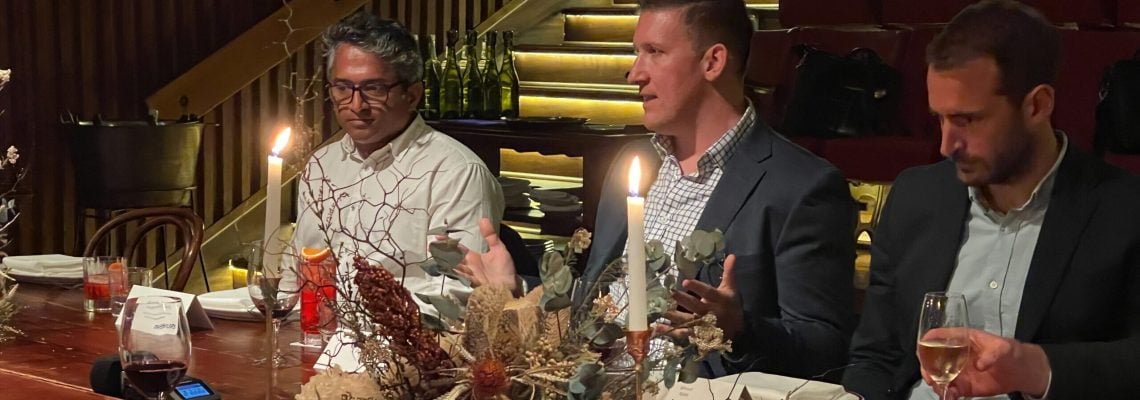


NEW SOUTH WALES
And finally, we concluded in Sydney, New South Wales.
Changing Paradigms: Urgent Care and Virtual Care Models
The rapid nature of the pandemic required leaders to respond at a previously inconceivable pace, introducing myriad of new and responsive care models to meet the increasing demand. Now, as the weight of COVID-19 slowly starts to ease, leaders are prompted to reflect on the decisions made during its peak.
Discussions at the NSW roundtable embodied this reflection, demonstrating the atmosphere of debate currently circling through the healthcare industry. Leaders started collectively strategizing and breaking down the paradigms that have coloured the functionality of these services, particularly through urgent and virtual care models.
Urgent Care
The uncertainty of the pandemic shifted public understandings of ‘urgent-care’- moving from a service of necessity, to an ‘on-demand’ additive. Leaders lamented that people are now leaning on urgent care centres for what they think they need, rather than what they actually need; a mentality creating perpetual consumption cycles. These cycles are seen across industry, creating additional modes of health consumption that may not reap better outcomes than what was originally in place.
Solving this challenge requires a clear definition of the basic level of service, drawing clear boundaries of what determines ‘urgent-care’.
Virtual Care
The pursuit of equity is what drives models of virtual care. This sentiment however, is often not translated into a workforce context, with staff segregated between ‘on-floor’ and ‘virtual’ care teams. Healthcare leaders are ready to shift the dial on how this system operates, diversifying roles to carry both care functions. Leaders proposed a “rejuvenation” to the system, offering a workforce rotation of who is involved in virtual care and who remains on the hospital floor. They suggested bringing about change would offer a break from the monotonous nature of routine, stimulating employee engagement and alleviating the potential of burnout.
Leading through the Inflection Point
There exists this external view that healthcare is in a constant state of reform, always shifting in the direction of improvement. This movement is the result of what is best described necessary adaptability: an internal response to the pressures of external change, rather than an intentional movement towards reform. Where we are seeing other industries delivering large-scale transformation in response to growth, we see healthcare lagging behind, operating within outdated systems, responding to change as it comes.
Leaders acknowledge that this is not a sustainable reality. As one attendee remarked, “Australia in general has reached an inflection point, just like a start-up… You just have to take the next step or implode.”
Responding to these calls for change requires leaders to take on a mindset of holistic consideration, listening to those whom change would impact the most. NSW attendees echoed that they too are ‘change-fatigued’, and that the introduction of reform and transformation off the back of an already “intensely difficult time” is a monumental ask. Digital transformation and automation are touchpoints that fall into this process of change management. Managing this resistance will rely on how leaders outwardly reflect their empathy, and adjust the value proposition of intended change in response. Creating a viable environment for reform will be critical to its success, and leaders must intentionally seek out opportunities for feedback as they establish new systems and channels.
CONCLUSION
Consistently, across each location, across each event, leaders were confronted by the question: “Is the healthcare sector operationally ready for this kind of reform?”
The situation we find ourselves in is different to any other moment in history, and there is a common consensus that change is absolutely critical. It is no longer economically or socially sustainable to continue operating through the same systems and patterns, meaning, reform must be on every leader’s horizon. Resolving the challenges presented by a limited workforce are pushing leaders to think differently about their approach to talent, to reimaging service models and cultivating attractive places of work. Roles need to reflect diversity and equity of opportunity, prioritising wellbeing and chances for development.
Rather than pushing for a hastily implemented, perfect system, leaders need to make incremental and intentional cuts and changes, extending conversations to gain the broadest range of feedback. The extent of change across the industry will vary from system to system, but if leaders remain steadfast in adopting a steady, continuous and open-minded approach to reform, they will be able to engage clinicians and patients alike, laying a strong reform foundation of agility and resilience.
Philips and Deloitte, supported by Connect Media, will continue to engage in this dialogue with healthcare leaders from across the country.
Related Articles
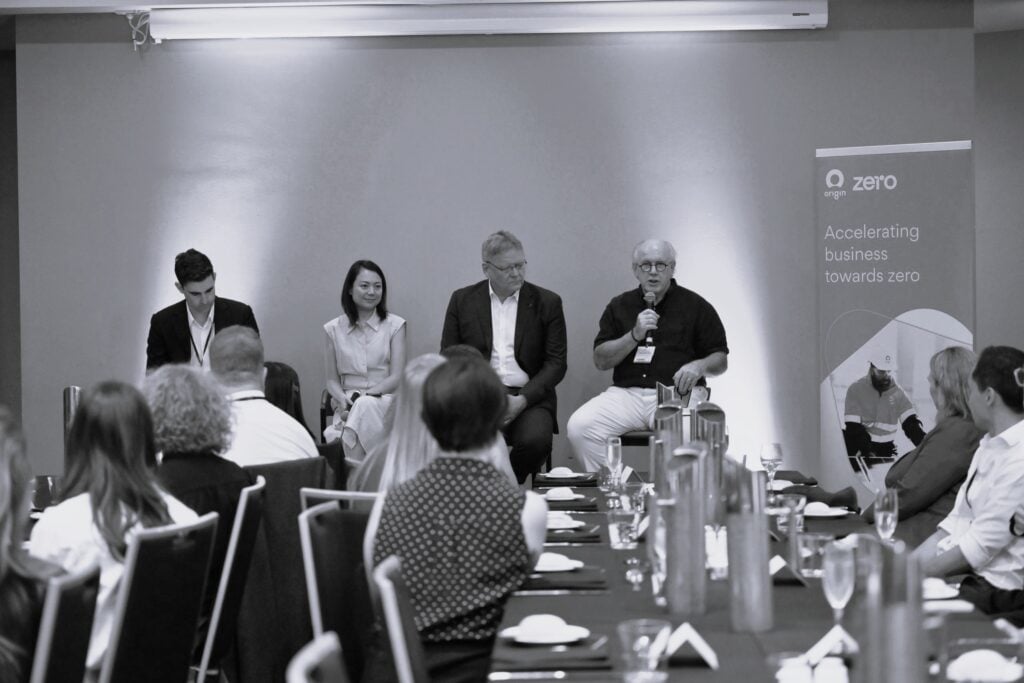
DECARBONISATION IN ACTION: KEY INSIGHTS FOR BUSINESS LEADERS
Decarbonisation in Action: Key Insights for Business Leaders Origin Insight Report Introduction The business case for decarbonisation has never been stronger, yet many businesses still struggle with transforming their sustainability strategies into tangible action. As organisations across industries grapple with this transformation, three critical hurdles dominate: justifying investments financially, overcoming
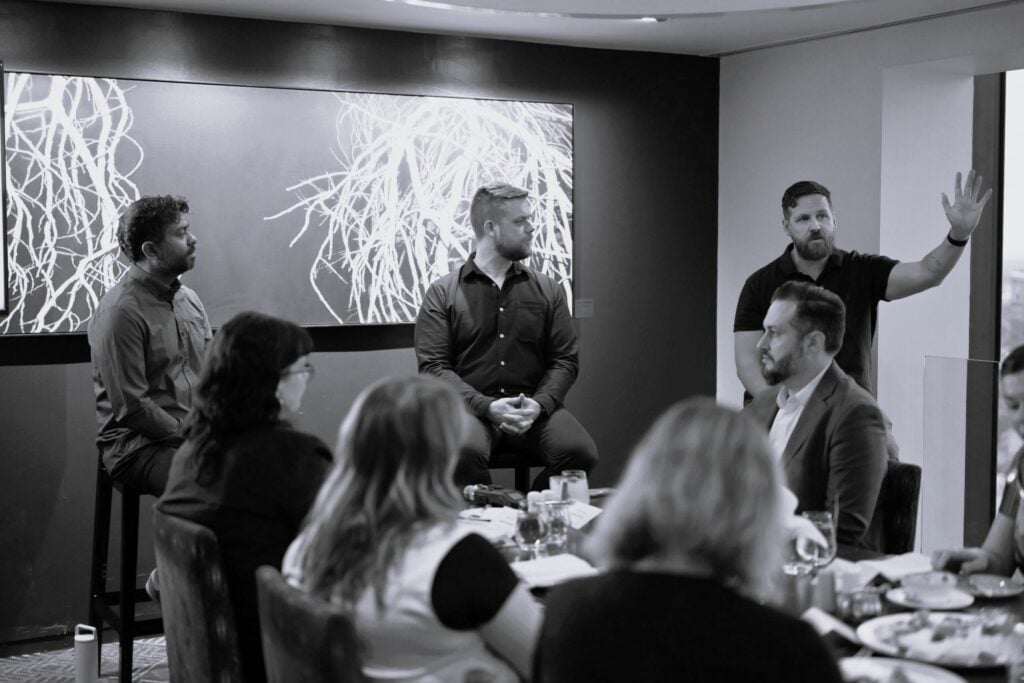
ALWAYS ONE STEP AHEAD: HOW RETAIL LEADERS MOVE FASTER, SCALE SMARTER, AND DELIVER BETTER EXPERIENCES
Always One Step Ahead: How Retail Leaders Move Faster, Scale Smarter, and Deliver Better Experiences Contentful Insight Report Introduction In today’s rapidly evolving retail landscape, speed and agility have become the ultimate competitive differentiators. While consumers continue to demand increasingly personalised experiences, many retailers have found themselves grappling with outdated
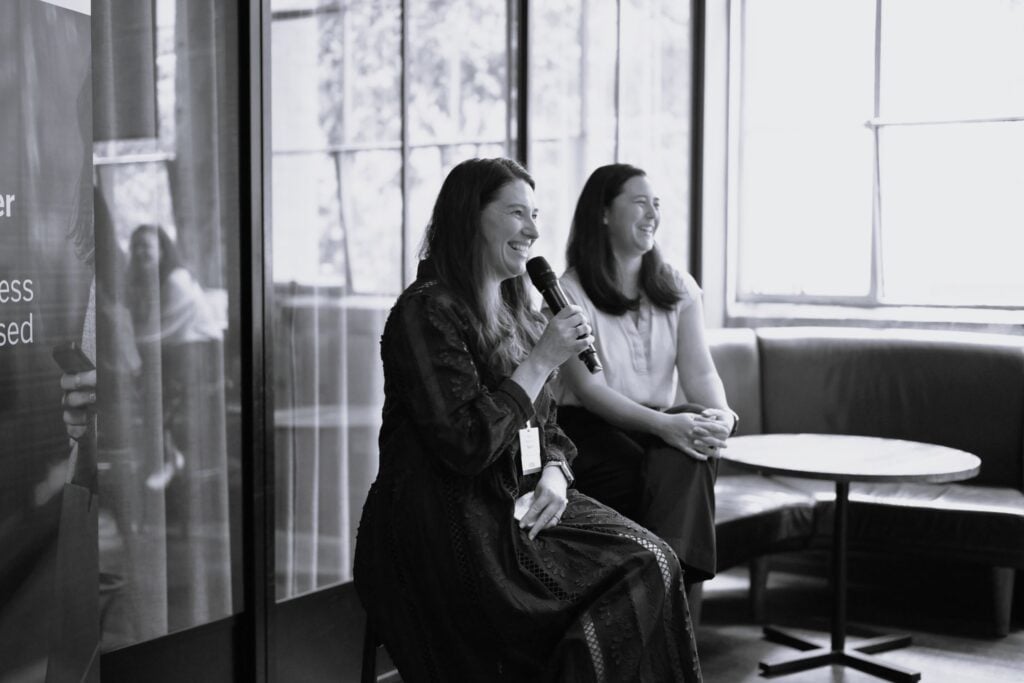
RETAIL REIMAGINED: DRIVING SIMPLICITY, INNOVATION & GROWTH
Retail Reimagined: Driving Simplicity, Innovation & Growth SAP Insight Report Introduction The retail sector is undergoing a seismic shift, with evolving customer expectations and market pressures forcing leaders to rethink their business strategies. Future competitiveness hinges not just on agility, but on cultivating a culture of continuous innovation. The question











